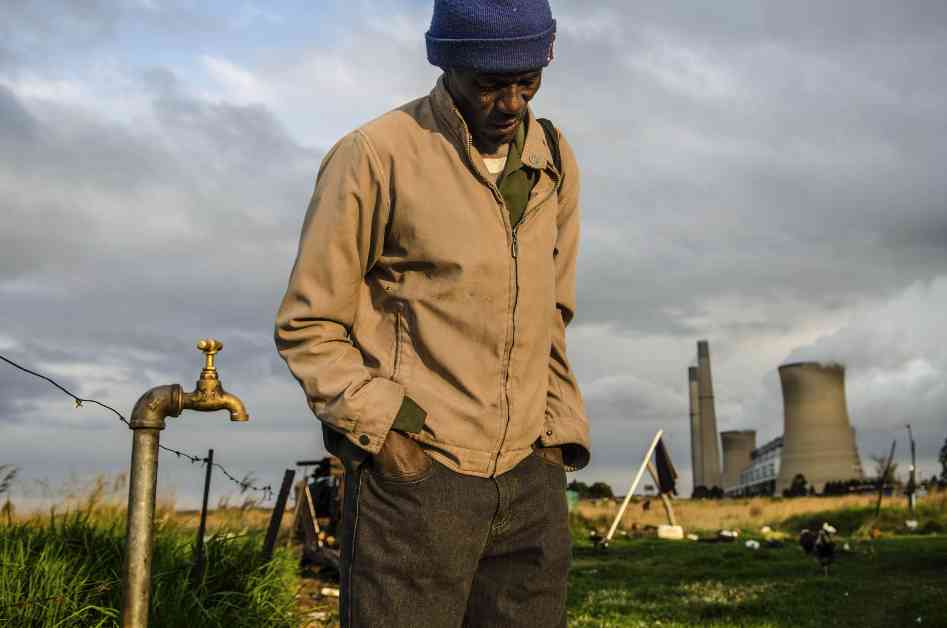Anabella Rosemberg, who is a senior advisor on Just Transition at Climate Action Network International (CAN-I), is really passionate about workers’ rights and climate justice. She believes that these two important issues need to work together, or else we’re all going down together. It’s like, you can’t have one without the other, you know? For way too long, politicians and big companies have been trying to make us choose between having jobs and protecting the environment. But that’s a total lie. We can have both. It’s not really sure why this matters, but environmentalists used to fall into that trap too, focusing on convincing rich people to care about climate change while ignoring the working folks, especially those in industries that pollute a lot. There were moments of solidarity, but overall, the fights for climate justice and workers’ rights were kind of doing their own thing. But then, this cool idea came along and changed everything: Just Transition.
Born in the US labor movement back in the 1970s, Just Transition started out as a simple demand: no worker should have to pick between getting paid and staying healthy. Since then, it’s become this big global thing that even the International Labour Organization and the Paris Agreement recognize, connecting climate goals to dignity, rights, and economic fairness. But, like, when you look at what’s happening on the ground, it’s kind of a different story. Like, promises are made, but not really kept, you know? So, this week, we got this cry for help from Colombia.
The Colombian unions SINTRAMINERGETICA and SINTRACARBÓN are all upset about how Glencore is treating coal workers in Cesar and Magdalena. The mining giant is shutting down coal mines through its Prodeco subsidiary, and tons of workers have already lost their jobs since 2020. And get this – even though Glencore made $10.6 billion in profits last year, they basically had one quick meeting with the community and then bounced. Colombia’s Constitutional Court had to step in and tell them they messed up, ordering them to talk to over 20,000 affected people in four towns. Critics think Glencore is rushing to shut down coal mines to save money, without really thinking about the workers and communities that’ll be left behind. It’s a pretty messed up situation, honestly.
This kind of injustice isn’t just happening in Colombia. From South Africa to Indonesia to Poland to Colombia, companies are ditching the communities that helped them get rich, and they’re pretending like it’s all for the environment. But, like, transitions are happening without any justice – no thought for the workers, the communities, or their dignity. And that’s just not cool. But, like, there are some examples of countries doing things differently. When Spain decided to phase out coal, they actually talked to the unions, made big support plans, and even used EU funds to help out with the transition.
We’re all in this together, you know? Workers, communities, people fighting for their rights – we’re coming together. And we’re getting ready to take on COP30 in Brazil. It’s gonna be a huge moment for us to fight for dignity and justice. This May Day, the message is loud and clear: green has to be fair, or it’s not really green at all. And at COP30, we’ll be there, united, fighting for a better future for everyone on this planet.














